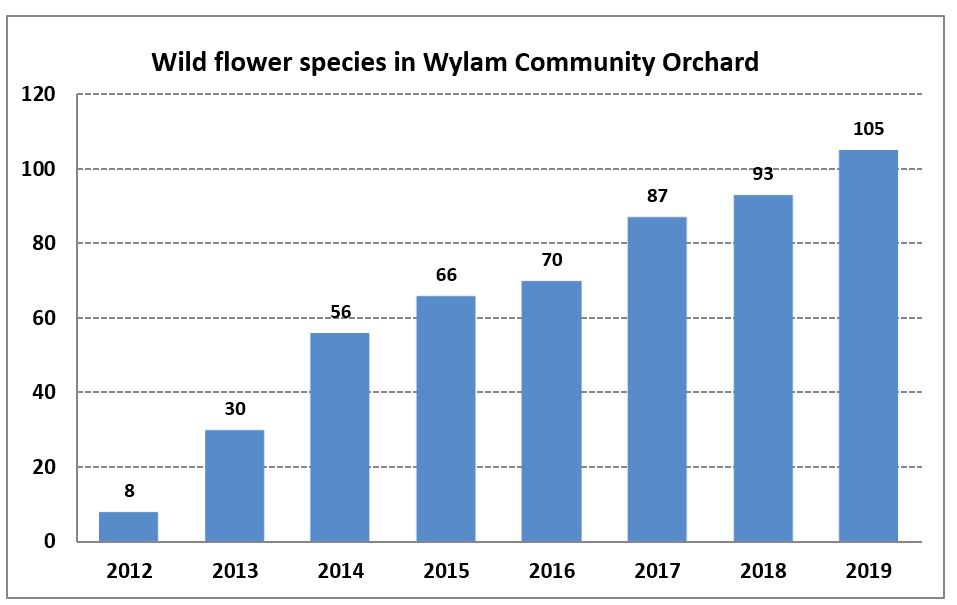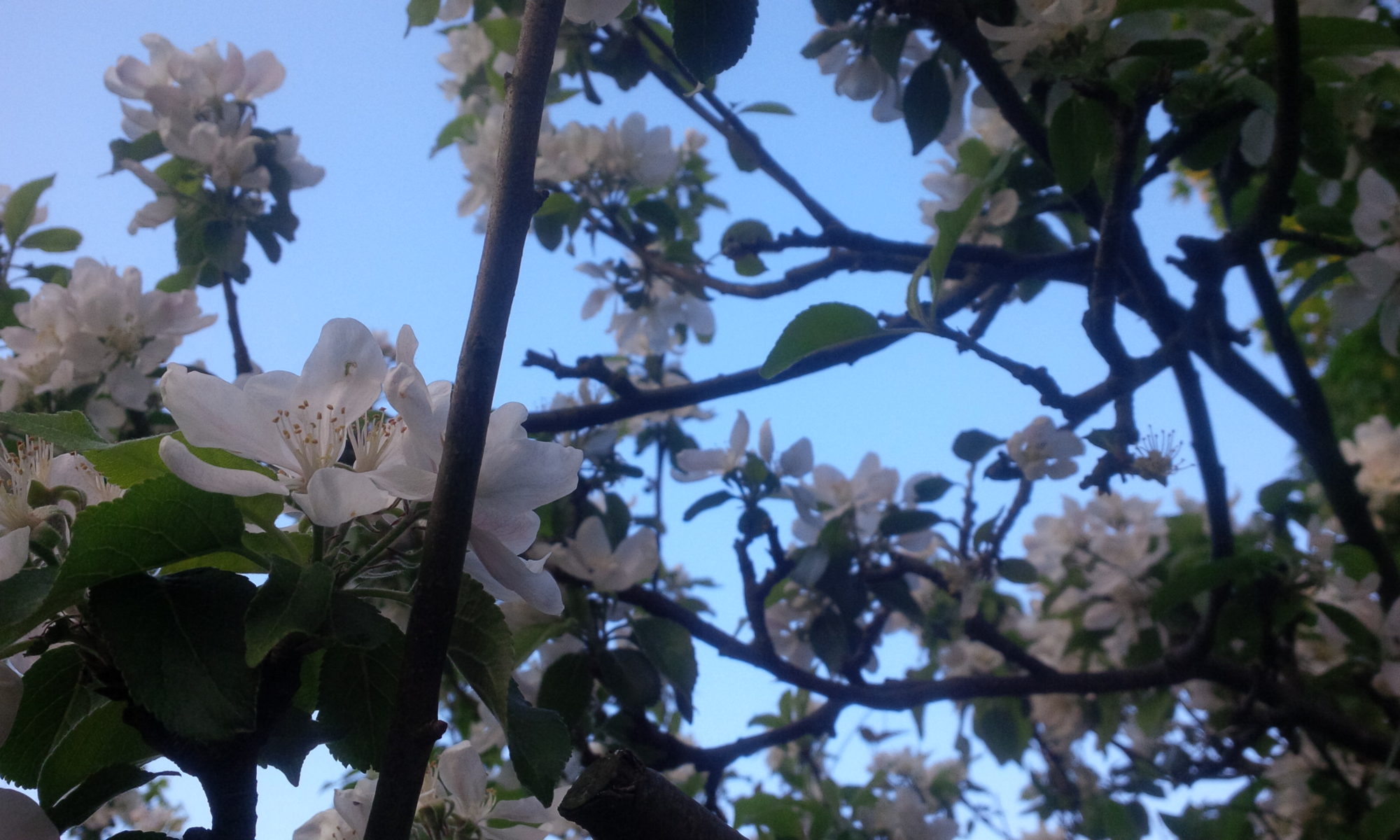Some years ago the inspirational Tom Martin organised the first ‘Fruit on the Tyne‘ conference, bringing together the myriad groups and individuals with an active interest in growing fruit. One of the speakers was then headteacher of Wylam First School, home to Wylam Community Orchard (complete with award winning meadow).
Wylam is an affluent leafy village on the north bank of the Tyne a few miles upstream of Newcastle, it’s First School has large grounds with one section which slopes fairly steeply away from the school; making it difficult to monitor at break times and unsuitable for many sports and acivities, and so it proved suitable for a new community orchard. I anticipated hearing how the orchard transformed low-value space into valuable habitat and now provided a learning resource for science, inspired art and literary works, created new opportunities for various food related activities, perhaps a little horticulture, and formed bridges between the living world and the world of mathematical concepts.
Consequently, i was unprepared for the Head’s more brutal assessment; she did not focus on such potentials, but instead began at the start and identified the single greatest benefit as being the improvement to the children’s mental health and sense of well being, which had been suffering.
As responses to the pandemic demonstrate, we can be adept and face up to invisible deadly challenges; rapidly forge new links, innovate and create new food systems which respond to need, providing timely and appropriate solutions to imminent threats. Wylam Community Orchard makes a small but valuable contribution to food supply in Wylam but goes far beyond that in showing us the potential for the rejuvination of community spirit and life’s complex web (as evidenced in their biodiversity surveying and reporting).

We’re continuing to work to promote and support the community growing of fruit trees in the region, whilst the search goes on to find a permanent site suitable to house our collection of several hundred cultivars which we hope may serve as a ‘genetic library’ for the region providing access not only to the fruits, but the means of propagating and growing them, spreading their cultivation whilst providing opportunities for further study.
Will you join us?

